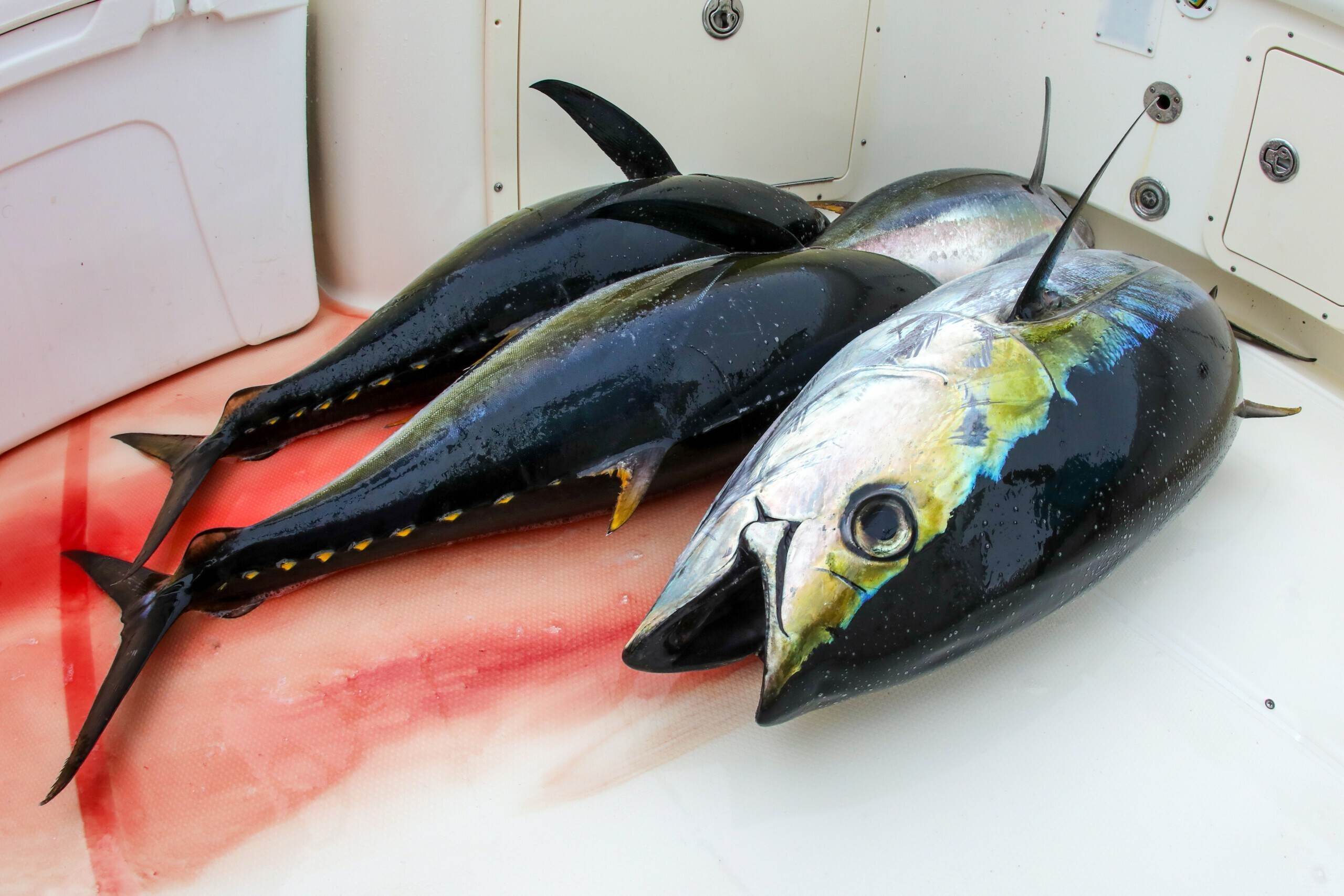
What was Tunagate? Imagine a scandal involving fish that shook Canada in the 1980s. Tunagate refers to a major controversy where millions of cans of potentially spoiled tuna were approved for sale by government inspectors. This scandal erupted in 1985 when a whistleblower revealed that the tuna, which had been deemed unfit for consumption, was still being sold to the public. The incident led to public outrage, a significant loss of trust in food safety regulations, and even political fallout. Tunagate serves as a stark reminder of the importance of stringent food safety standards and transparency in government practices.
Key Takeaways:
- Tunagate was a big scandal in Canada in the 1980s involving unsafe canned tuna. It showed the importance of food safety rules and how the media can hold governments and companies accountable.
- Tunagate led to changes in government policies and the fishing industry. It's a cautionary tale about the need for strict food safety, whistleblowers, and putting public health first.
What is Tunagate?
Tunagate was a significant political scandal in Canada during the 1980s. It involved the sale of potentially unsafe canned tuna by a major Canadian company. This scandal had far-reaching consequences, affecting public trust, government policies, and the fishing industry.
-
Tunagate occurred in 1985 and involved the Canadian company, StarKist.
-
The scandal broke when it was revealed that StarKist had sold canned tuna that was deemed unfit for human consumption.
-
The term "Tunagate" was coined by the media, combining "tuna" with the suffix "-gate," reminiscent of the Watergate scandal.
-
The scandal was exposed by a whistleblower within the Canadian Food Inspection Agency (CFIA).
-
The whistleblower, Gilles Lavoie, was a CFIA inspector who noticed that the tuna did not meet safety standards.
The Role of the Government
The Canadian government played a crucial role in the unfolding of Tunagate. Various government officials and agencies were implicated, leading to a loss of public trust.
-
The Minister of Fisheries and Oceans, John Fraser, was heavily criticized for his handling of the scandal.
-
Fraser initially defended the sale of the tuna, claiming it was safe despite evidence to the contrary.
-
The Canadian Food Inspection Agency (CFIA) was accused of failing to enforce safety standards.
-
Public outcry led to a parliamentary inquiry into the scandal.
-
The inquiry revealed that political pressure had influenced the decision to allow the sale of the tuna.
Impact on Public Health
The potential health risks associated with the tainted tuna were a major concern. The scandal highlighted the importance of food safety regulations and their enforcement.
-
The tainted tuna was found to contain high levels of histamine, which can cause food poisoning.
-
Symptoms of histamine poisoning include headaches, rashes, and gastrointestinal issues.
-
There were no reported deaths, but several people fell ill after consuming the tuna.
-
The scandal raised awareness about the importance of proper food handling and storage.
-
It also led to stricter regulations on the fishing and canning industries in Canada.
Media Coverage and Public Reaction
The media played a significant role in bringing Tunagate to public attention. The scandal received widespread coverage, leading to a strong public reaction.
-
Major Canadian newspapers, including the Toronto Star and The Globe and Mail, extensively covered the scandal.
-
Television news programs also reported on the issue, increasing public awareness.
-
The scandal became a topic of discussion in households across Canada.
-
Public trust in the government and food safety agencies was severely damaged.
-
The scandal also led to a decline in sales for StarKist and other canned tuna brands.
Political Consequences
Tunagate had significant political ramifications, affecting the careers of several politicians and leading to changes in government policies.
-
John Fraser resigned as Minister of Fisheries and Oceans due to the scandal.
-
The scandal contributed to the defeat of the Progressive Conservative Party in the 1988 federal election.
-
It also led to increased scrutiny of government officials and their decision-making processes.
-
The Canadian Food Inspection Agency (CFIA) underwent significant reforms to improve its effectiveness.
-
New policies were implemented to ensure greater transparency and accountability in food safety regulations.
Long-term Effects on the Fishing Industry
The fishing industry in Canada was deeply affected by Tunagate. The scandal led to changes in industry practices and regulations.
-
The scandal prompted a review of fishing and canning practices in Canada.
-
New regulations were introduced to ensure the safety and quality of canned fish products.
-
The industry faced increased scrutiny from both the government and the public.
-
Fishing companies had to invest in better equipment and training to meet the new standards.
-
The scandal also led to a decline in consumer confidence in canned fish products.
Lessons Learned from Tunagate
Tunagate serves as a cautionary tale about the importance of food safety, government accountability, and corporate responsibility.
-
The scandal highlighted the need for robust food safety regulations and their strict enforcement.
-
It underscored the importance of whistleblowers in exposing wrongdoing.
-
The scandal demonstrated the power of the media in holding corporations and governments accountable.
-
It showed that public health should always take precedence over political and economic considerations.
-
The reforms that followed the scandal improved food safety standards in Canada.
Cultural Impact of Tunagate
Tunagate left a lasting mark on Canadian culture, influencing public perceptions and becoming a part of the country's history.
-
The term "Tunagate" has become synonymous with political and corporate scandals in Canada.
-
The scandal has been referenced in various books, articles, and documentaries.
-
It remains a topic of study in Canadian political science and public health courses.
-
The scandal is often cited as an example of the importance of ethical leadership and decision-making.
-
Tunagate serves as a reminder of the need for vigilance in protecting public health and safety.
The Last Bite
Tunagate remains a fascinating chapter in Canadian history. This scandal highlighted the importance of food safety, government transparency, and media's role in uncovering truths. The incident led to stricter regulations and a more vigilant public. It also served as a reminder that consumer trust is hard-earned and easily lost.
The scandal's impact went beyond just the fish industry. It showed how quickly public opinion can shift and how vital it is for authorities to maintain high standards. While it was a dark moment, it also sparked positive changes that benefit everyone today.
So, next time you open a can of tuna, remember the lessons from Tunagate. They remind us to stay informed, demand quality, and hold those in power accountable. That’s the real takeaway from this fishy tale.
Frequently Asked Questions
Was this page helpful?
Our commitment to delivering trustworthy and engaging content is at the heart of what we do. Each fact on our site is contributed by real users like you, bringing a wealth of diverse insights and information. To ensure the highest standards of accuracy and reliability, our dedicated editors meticulously review each submission. This process guarantees that the facts we share are not only fascinating but also credible. Trust in our commitment to quality and authenticity as you explore and learn with us.


